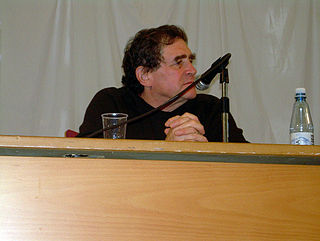A Quote by M. S. Swaminathan
The rain-cum-solar energy centre functioning in Chennai is a source of credible public information on rainwater harvesting and solar energy use. Such centres need to be replicated in all our cities, towns and block headquarters.
Related Quotes
Yes, sunny Nevada is an ideal state for solar power. As it gets cheaper, the state should use solar whenever it makes financial sense. But politicians shouldn't force you to buy it regardless of cost. It doesn't make sense to insert into the state constitution a requirement on energy use that locks Nevada into 50 percent wind and solar.
In reality, Republicans have long been at war with clean energy. They have ridiculed investments in solar and wind power, bashed energy-efficiency standards, attacked state moves to promote renewable energy and championed laws that would enshrine taxpayer subsidies for fossil fuels while stripping them from wind and solar.
This curious faith is predicated on the notion that we will soon develop unlimited new sources of energy: domestic oil fields, shale oil, gasified coal, nuclear power, solar energy, and so on. This is fantastical because the basic cause of the energy crisis is not scarcity: it is moral ignorance and weakness of character. We don't know how to use energy or what to use it for. And we cannot restrain ourselves. Our time is characterized as much by the abuse and waste of human energy as it is by the abuse and waste of fossil fuel energy.
The sunlight ... that strikes Earth’s land surface in two hours is equivalent to total human energy use in a year. While much of that sunlight becomes heat, solar energy is also responsible for the energy embodied in wind, hydro, wave, and biomass, each with the potential to be harnessed for human use. Only a small portion of that enormous daily, renewable flux of energy will ever be needed by humanity.
One of the reasons I think the population question is important, if we want to be as green as possible, any of our energy that is truly renewable is limited. Solar and wind are intermittent and they're so diffuse, it's difficult to harness them in a significant way. But one thing we could be doing is making it a law (like it is in Israel and Cyprus) to take every building eight stories or under and heat all of the water in those buildings with solar energy. It's absolutely simple and cheap technology.




































